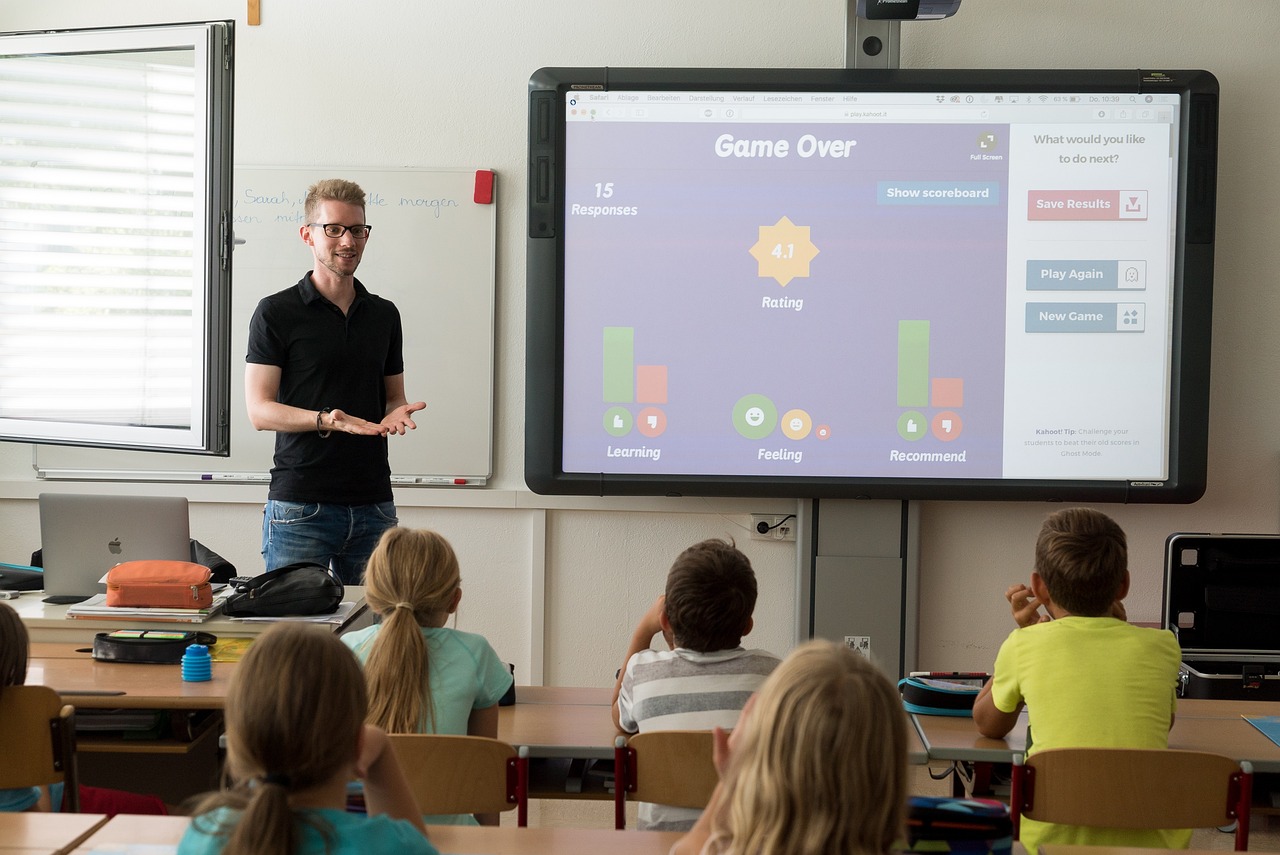The Importance of Schooling in Formative Years
In the world of education, the phrase formative years holds a profound significance. These early, impressionable years, typically between the ages of six to twelve, are crucial in a child’s cognitive, social, and emotional development. As we peel back the layers of this influential phase in child development, we find at its core, the importance of schooling.
Often revered as the best years of life, these school-going years serve as the incubator for holistic development of children. Schools, in their unique capacity, are much more than academic institutions; they are veritable social crucibles where future citizens are molded.
School education proffers a balanced concoction of academic learning and life skills education. A blend that is not just important, but instrumental in shaping a child’s personality and future. The impact of this phase is so enduring that it leaves imprints on the life canvas of a child, shaping their perspectives, beliefs, and choices in the long run.
In the ensuing discussion, we will unravel the various facets of importance of school education, spotlighting the irreplaceable role it plays during the formative years. From lessons in the classroom to interactions on the school playground, each experience forms a building block in the construction of a child’s life. So, join us as we journey through the path of understanding how school education transforms a child’s formative years.
Importance of schooling in Academic Learning: Building the Cognitive Foundation

Academic learning in school extends far beyond just knowledge accumulation. It empowers children with a framework for critical thinking, promoting curiosity, and developing problem-solving skills. Core subjects like Mathematics, Science, Social Studies, and Languages foster analytical abilities and linguistic proficiency, forming the foundation for advanced learning.
The importance of schooling in India can be understood by the rich tapestry of school curriculum that encapsulates a variety of subjects, encouraging children to explore diverse fields. This exposure lays the groundwork for specialized higher education and career choices. The early introduction to a structured learning environment also cultivates discipline and time management skills in students.
Furthermore, the consistent assessment system in schools helps identify a child’s strengths and areas for improvement. Regular tests, quizzes, and examinations are not just tools for grading; they also serve as feedback mechanisms that guide tailored learning interventions.
But the true power of academic learning lies in its ability to shape a child’s worldview. Learning about historical events, scientific principles, cultural diversity, and linguistic nuances broaden their horizons. It fosters empathy, respect for diversity, and a nuanced understanding of the world.
Guiding Lights: The Role of Teachers

Teachers are the guiding lights in a child’s educational journey. They shape young minds, influence their thoughts, and encourage them to reach their full potential. Their role transcends mere instruction; teachers are mentors, confidants, and often a child’s first role model outside their family.
The rapport and bond that children establish with their teachers significantly impact their attitude towards learning. A supportive teacher can ignite a love for learning, foster self-confidence, and instil a positive approach towards education. Their encouragement can make students believe in their abilities, thereby boosting self-esteem and promoting academic excellence.
In addition to academic guidance, teachers play a critical role in shaping a child’s character. They instill important life values like honesty, respect, and responsibility. Through their own conduct and interaction, teachers provide practical lessons in empathy, cooperation, and social etiquette.
Teachers also help identify and nurture a child’s talents and interests. They can recognize potential in students that may not be evident at home. Whether it’s a flair for arts, an inclination towards sports, or an aptitude for mathematics, teachers help foster these talents, encouraging overall growth and development.
Beyond Books: Social and Emotional Learning

School education isn’t solely about academic progression and intellectual growth; it’s equally about nurturing social and emotional learning (SEL). SEL is a crucial element of child development and has a profound impact on a student’s ability to succeed in school and life.
Social skills, acquired through interactions in a school setting, empower children to build and maintain relationships, engage in effective communication, and work collaboratively. These skills are pivotal to personal and professional success later in life. Schools offer myriad opportunities to interact with diverse groups, instilling respect for different perspectives and promoting cultural understanding.
The importance of schooling extends far beyond academic learning, encompassing the ability to comprehend, manage, and effectively communicate one’s emotions. In a nurturing school setting, students grasp emotional resilience, empathy, and self-regulation of emotions. The schooling journey provides children with ample scenarios to navigate diverse emotional landscapes, resolve conflicts, and cultivate resilience.
Extracurricular activities, such as sports, arts, and clubs, offer excellent platforms for SEL. Participating in team sports, for instance, enhances teamwork, leadership, and resilience, while involvement in arts fosters creativity, self-expression, and patience.
Stepping Out of the Classroom: The Impact of Extracurricular Activities

Extracurricular activities in school education play a significant role in shaping a child’s personality, complementing their academic learning with practical, hands-on experiences. They offer a unique platform for students to discover and nurture their interests and talents outside the traditional classroom setting.
Whether it’s sports, arts, drama, music, debate, or student clubs, these activities provide opportunities to foster teamwork, creativity, leadership skills, time management, and perseverance. Participating in a school play, for example, not only hones a child’s acting skills but also builds confidence, teaches them the value of cooperation, and enhances their ability to perform under pressure.
Similarly, involvement in sports cultivates physical fitness, instills discipline, and promotes a healthy competitive spirit. It also builds resilience as students learn to deal with victory and defeat with grace.
The creativity stimulated by arts and crafts aids cognitive development and promotes a unique way of understanding the world. Likewise, student clubs foster a sense of community and shared interests, promoting social skills, and building a sense of belonging.
Ethics and Values: The Unseen Curriculum

The unseen curriculum of school education lies in the imparting of ethics and values, the foundations upon which a child’s character is built. Schools play a crucial role in instilling these values that guide students in their lifelong journey.
From honesty, integrity, and empathy to respect, resilience, and responsibility, these core values are weaved into the fabric of daily school interactions and experiences. Schools provide a multitude of scenarios that teach students about ethical behavior, such as fair play in sports, respecting different opinions in discussions, or upholding academic integrity in assignments.
Moreover, celebrating cultural, national, and international events in schools foster values of inclusivity, understanding, and global citizenship. Volunteering and community service activities create awareness about societal issues, inspiring empathy, compassion, and a sense of responsibility in students.
Understanding the Importance of Schooling
In conclusion, school education plays an indisputably critical role in a child’s formative years. It is more than merely a hub for academic learning; schools mold character, foster emotional intelligence, build confidence, encourage ethical conduct, and cultivate a sense of social responsibility. As educators, parents, and stakeholders in this process, understanding the importance of schooling helps us support children in their journey of becoming well-rounded individuals, equipped to face the world confidently and responsibly.
As we delve deeper into the dynamics of school education, our next blog post titled “Confronting Challenges: A Close Look at India’s Primary Education Scenario” will explore the different challenges faced in India’s primary education system. We will shed light on the current scenario, the issues at hand, and what measures are being taken to overcome them. Join us as we navigate this critical area, understanding the foundational building blocks of our education system. Stay tuned!
